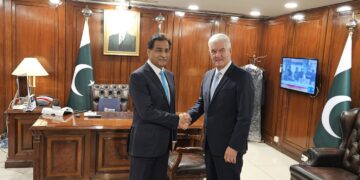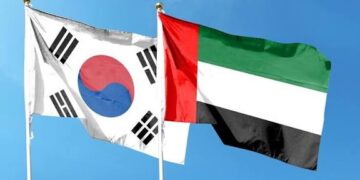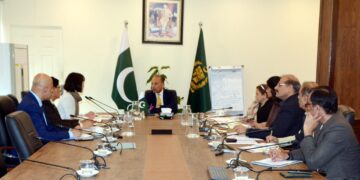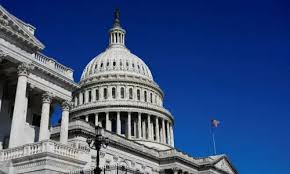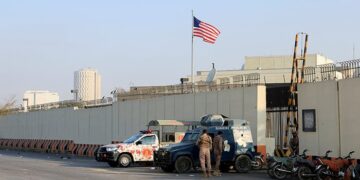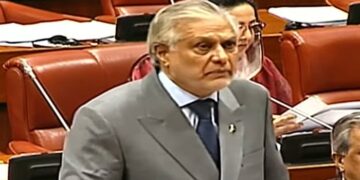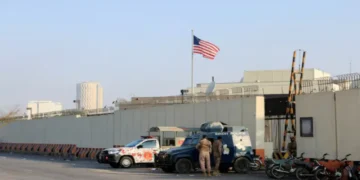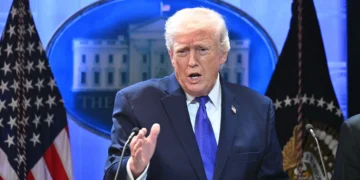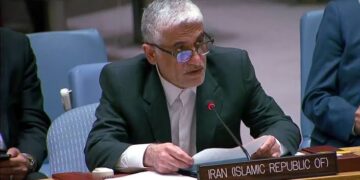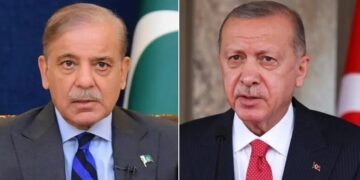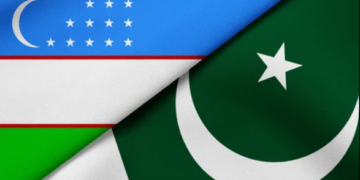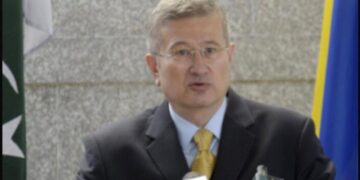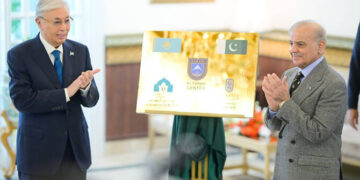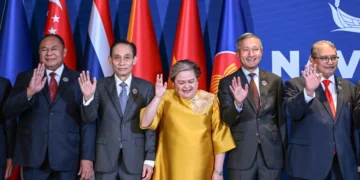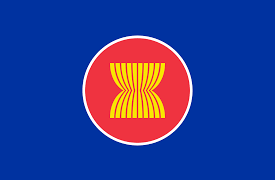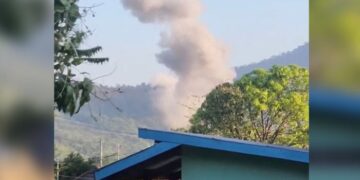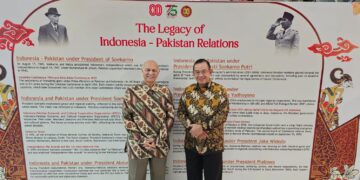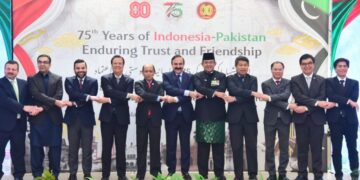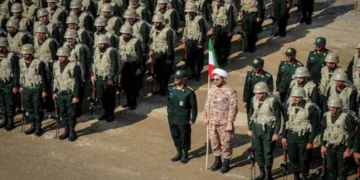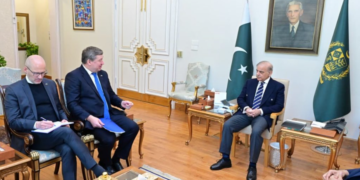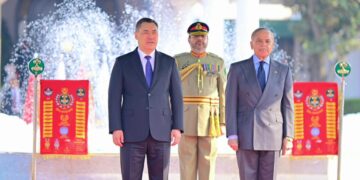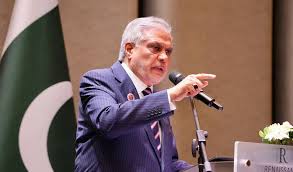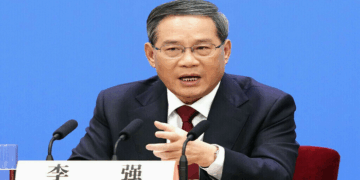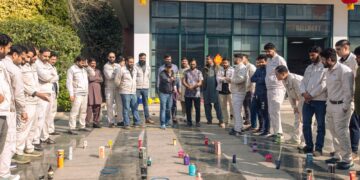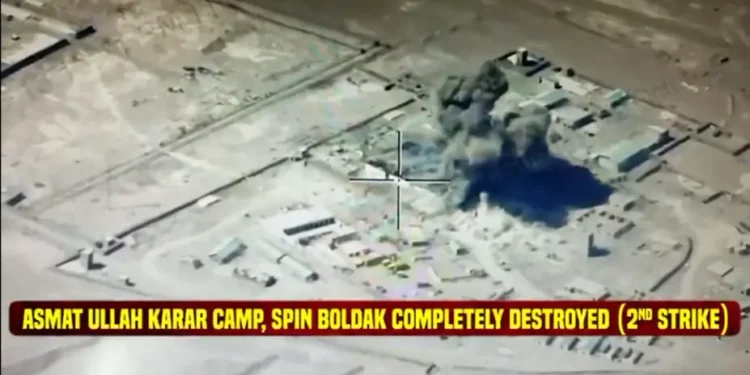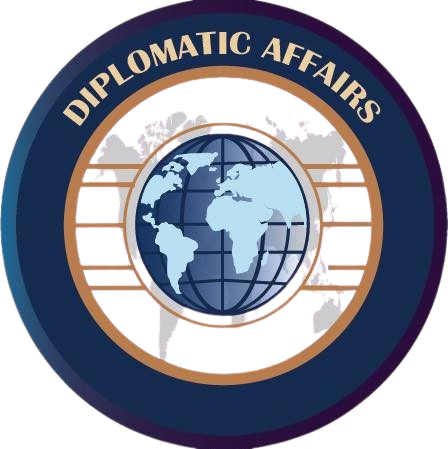ISLAMABAD; At least 23 Pakistani soldiers were martyred and more than 200 Taliban and affiliated militants were killed in intense border clashes following a large-scale attack from the Afghan side, the Inter-Services Public Relations (ISPR) said on Sunday.
According to the statement, the skirmishes began overnight between October 11 and 12, when Afghan Taliban and India-backed Fitna-al-Khawarij terrorists launched an unprovoked assault on Pakistani border positions.
The attack targeted multiple locations across the Pak-Afghan frontier, including Angoor Adda, Bajaur, Kurram, Dir, Chitral, and Bahram Chah.
The ISPR stated that 23 Pakistani troops embraced martyrdom while defending the country’s territorial integrity, while 29 others sustained injuries.
Security sources said Pakistan responded “swiftly and decisively,” targeting Taliban camps, posts, and support networks operating from Afghan territory.
“Based on credible intelligence assessments, more than 200 Taliban and affiliated militants were neutralised, with many more injured,” the statement added. “Precision artillery, tanks, drones, and aerial strikes were employed to hit terrorist training facilities, command centres, and logistical hubs across the border.”
ISPR confirmed that 21 hostile positions were briefly captured during the operation, and several Taliban strongholds along the border were completely destroyed.
“The infrastructural damage to Taliban posts, camps, and support networks is extensive, ranging from tactical positions to operational depth,” it noted.
The Pakistani military said its response was aimed at safeguarding national security and protecting civilians. “All measures were taken to minimise collateral damage,” the statement added.
Taliban’s Retaliation Claims and Diplomatic Tensions
The Afghan side has claimed that the attack was carried out as a “retaliatory action,” accusing Islamabad of conducting airstrikes earlier in the week inside Afghan territory, including near Kabul.
While Pakistan has not confirmed involvement in those strikes, it has repeatedly urged Kabul to stop harbouring Tehreek-i-Taliban Pakistan (TTP) and other terrorist groups on its soil.
ISPR described the Afghan assault as a “cowardly and provocative action” designed to destabilise border regions and facilitate cross-border terrorism.
“This serious provocation occurred during the Afghan Taliban foreign minister’s visit to India — the largest state sponsor of terrorism in the region,” the statement read.
In response, Islamabad called upon the Taliban government to take immediate and verifiable action against terrorist groups, including Fitna-al-Khawarij, Fitna-al-Hindustan, and ISKP/Daesh. “Otherwise, Pakistan will continue to exercise its right to defend its people by neutralising terror targets,” ISPR warned.
Major Taliban Camps and Posts Targeted
State broadcaster PTV News reported that Pakistani forces successfully targeted several key Taliban installations, including Durrani Camp, Manojba Camp Headquarters, Manojba Camp-2, and Ghaznali Headquarters in the Noshki Sector.
Sources added that the army also destroyed the Asmatullah Karar Camp in Spin Boldak — described as one of the Taliban’s most significant operational hubs for cross-border terrorism. Footage released by Radio Pakistan showed the camp being hit twice in precision strikes.
Other targeted locations included the Taliban’s second battalion headquarters in the Brabcha area, from where terrorist elements had been launched into Pakistan. Barikot base camp, Manojba Camp-3, Karzai Post, and Shapola Khula were also struck.
Security forces occupied an important Afghan post in the Zhob sector, hoisted the Pakistani flag, and destroyed a Humvee stationed there. Several Taliban tanks on mountain peaks opposite Kurram were also eliminated.
On the other hand, Pakistani posts in Baramcha (Chagai district) came under heavy Afghan fire late Saturday night. Attempts by Taliban fighters to infiltrate into Pishin and Zhob were repelled, security sources confirmed.
Regional and Diplomatic Reactions
Following the escalation, border crossings at Torkham and Chaman, as well as at least three minor crossings (Kharlachi, Angoor Adda, and Ghulam Khan), were closed for all traffic. Locals and officials on both sides confirmed the closures.
Afghan spokesman Zabihullah Mujahid accused Pakistan of destabilising Afghanistan and warned that Kabul “possesses weapons to respond.”
However, Reuters reported that Afghanistan halted its attacks at the request of Qatar and Saudi Arabia.
Internationally, Saudi Arabia, Iran, and Qatar issued calls for restraint and dialogue between the two neighbours. Riyadh urged both sides to avoid escalation and embrace diplomatic solutions to preserve regional stability. Tehran echoed similar sentiments, calling for de-escalation to ensure broader regional security.
Pakistan’s Leadership: ‘No Compromise on Sovereignty’
President Asif Ali Zardari and Prime Minister Shehbaz Sharif both vowed on Sunday that there would be “no compromise” on Pakistan’s sovereignty.
President Zardari cited UN reports confirming that India-backed terrorist networks operate from Afghan soil. He emphasised that Pakistan has always respected Afghan sovereignty and supported bilateral cooperation, but will not tolerate attacks orchestrated from Afghan territory.
“The attacks launched from Afghan soil by India-backed Khawarij terrorists are a well-documented reality,” he said, urging Kabul to take verifiable action against terrorist groups.
Prime Minister Shehbaz Sharif praised the armed forces for their decisive response under the leadership of Field Marshal Asim Munir. “We are proud of the professional excellence of our forces. They gave a powerful and effective response, destroying several Taliban posts and forcing them to retreat,” he said.
Interior Minister Mohsin Naqvi called Afghan firing on civilians a “blatant violation of international law,” vowing that “no provocation will be tolerated.” Deputy PM Ishaq Dar reiterated that Pakistan’s operations target terrorist infrastructure, not Afghan civilians, and urged Kabul to act against groups threatening bilateral relations.
Former foreign minister Bilawal Bhutto-Zardari urged the Taliban to act with restraint and take concrete action against terrorist outfits. “Pakistan’s response reflects its enduring commitment to peace while defending its sovereignty,” he said.
Historical Strains and Current Escalation
The latest clashes follow a series of deadly militant attacks inside Pakistan that Islamabad attributes to groups based in Afghanistan. Pakistan’s defence minister recently stated that the country’s “patience has run out.”
For years, Islamabad has accused Kabul of allowing its territory to be used for attacks, while Afghanistan denies providing safe havens. Tensions were further inflamed when Afghan officials accused Pakistan of bombing a civilian market in Paktika province.
These events coincide with a rare diplomatic development — the Afghan foreign minister’s visit to India, New Delhi’s decision to reopen its embassy in Kabul, and increasing Indian engagement with the Taliban government.
The situation remains tense along the Pak-Afghan border, with both sides on high alert. Regional powers have called for restraint, but Islamabad maintains it will continue to act decisively against cross-border terrorism to protect its sovereignty.




